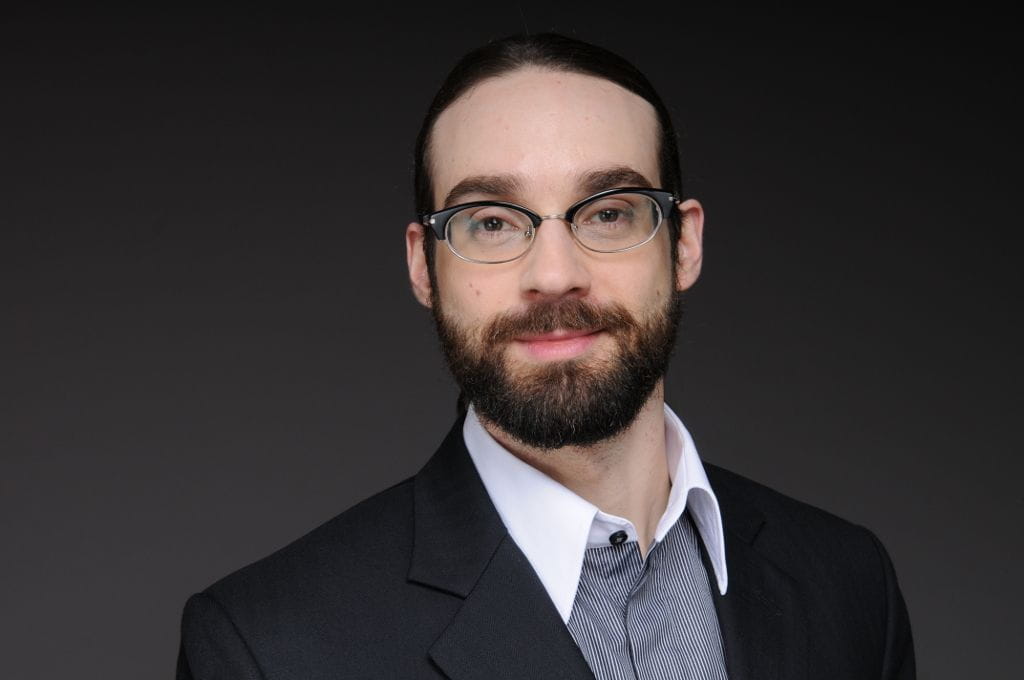
The last few years have seen major shifts in online threats. All companies – including those in biotech – have to take this seriously and respond accordingly. Daniel Schatz, QIAGEN’s Chief Information Security Officer, explains why it’s crucial to reduce a company’s cyber risk by minimizing its online “attack surface”.
Cyberthreats are no longer just the result of hackers directly targeting a company, but also of crossfire from attacks on others.
Daniel Schatz, Chief Information Security Officer of QIAGEN
A strong commitment to cybersecurity is crucial, especially in turbulent times like these. And the best way to approach it is not necessarily as spending on outsourced services, but as investing in the right in-house capabilities.
Daniel Schatz, Chief Information Security Officer of QIAGEN
How can companies reduce risk?
This is all the more important as governments look set to increase the pressure on companies. US President Joe Biden in late March warned that the Russian government was “exploring options for potential cyberattacks” and called on privately owned critical infrastructure owners and operators to “accelerate efforts to lock their digital doors.” Governments will become more prescriptive about what companies should do to make their IT systems safer – something that was until now reserved for defense companies.Crucial to reducing a company’s cyber risk is minimizing its online “attack surface.” All systems plugged into the internet are potential targets and keeping track of each external exposures – and their vulnerability to hackers – can be challenging. A misconfigured system can quickly lead to a serious security incident. QIAGEN addressed this problem through pro-active attack-surface monitoring. We improved our resilience and reduced interference from low severity attacks. As a result, the team was able to focus on more important issues.
The cybersphere is a global virtual landscape of computer users as complicated as the real world. It offers huge opportunities, but also space for villains to ply their craft. Any company with weaknesses in fighting directed or collateral cyberattacks will very quickly find its IT having problems. In the early days of cybersecurity, we used to say a company didn’t need to outrun the bear, it just needed to outrun the companies close by. But today, it has to look out for many opportunistic bears and make sure to avoid the crossfire of other villains.

Daniel Schatz, Chief Information Security Officer
Daniel Schatz has been QIAGEN’s Chief Information Security Officer since 2019, but protecting sensitive data has been the focus of his career for well over a decade. Before joining QIAGEN, he helped the international data provider and news agency Thomson Reuters secure its information from unwanted access – an experience that convinced him that data security was the next frontier. Daniel received his PhD investigating the economics of investing in information security and was building the Information Security program for Perform Group and DAZN before he moved to QIAGEN.

